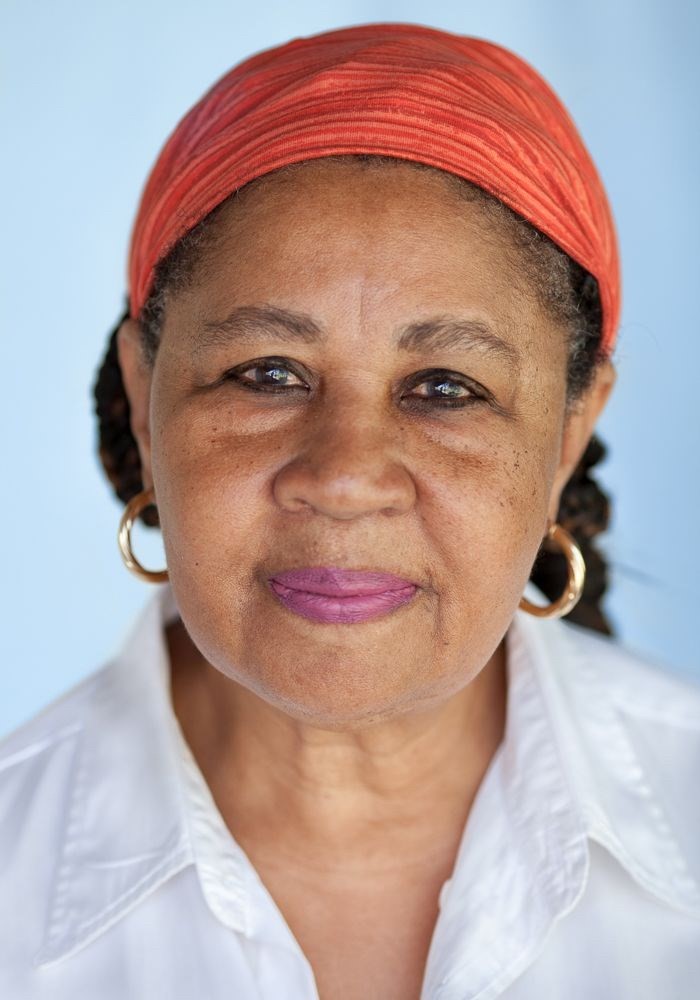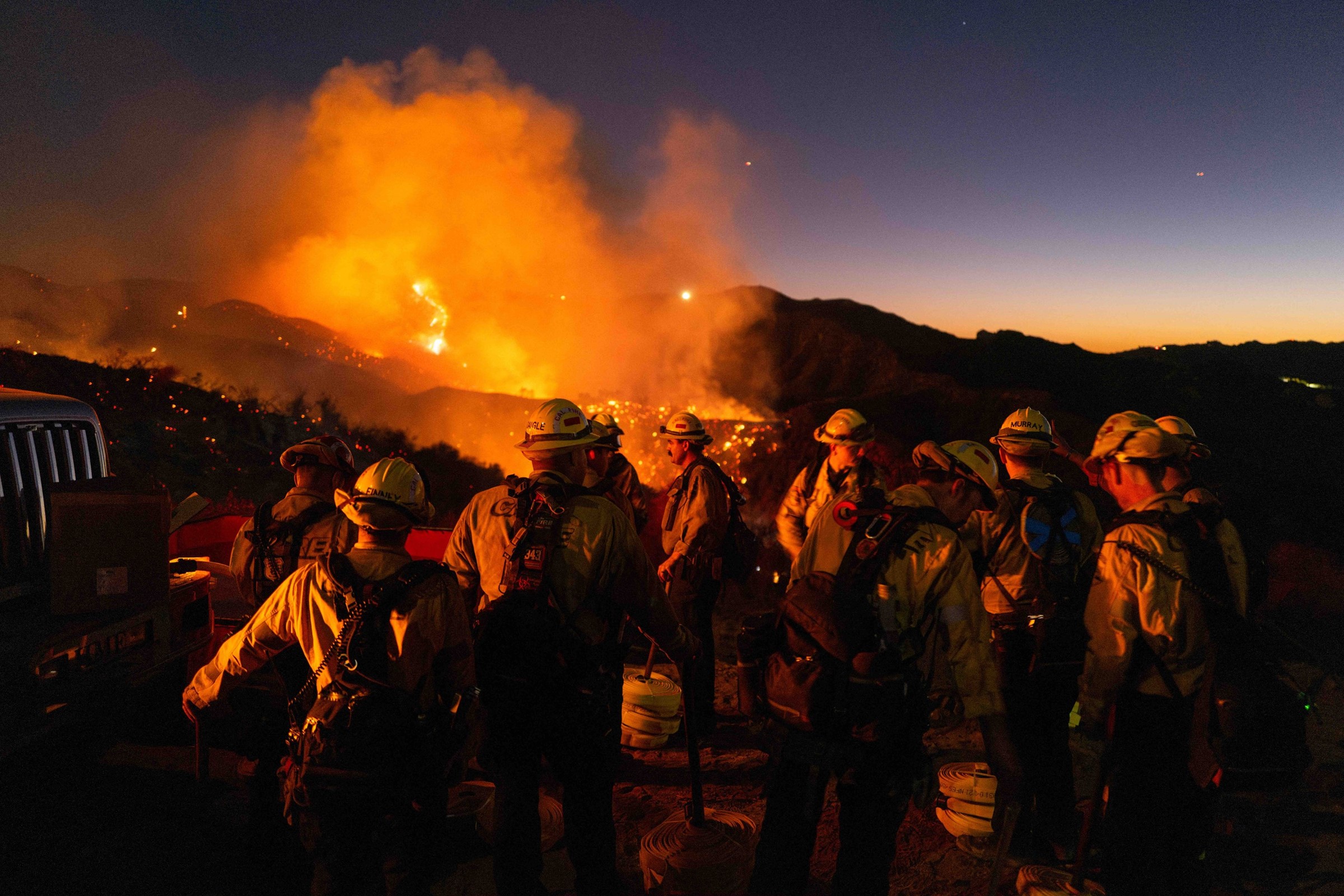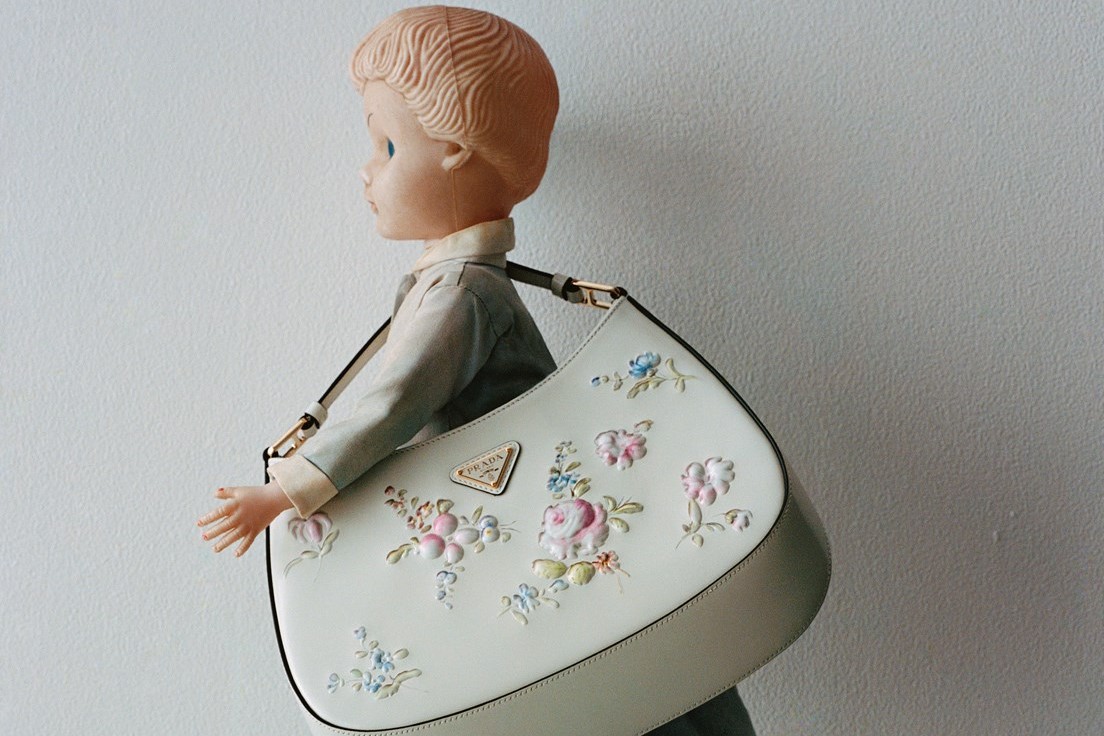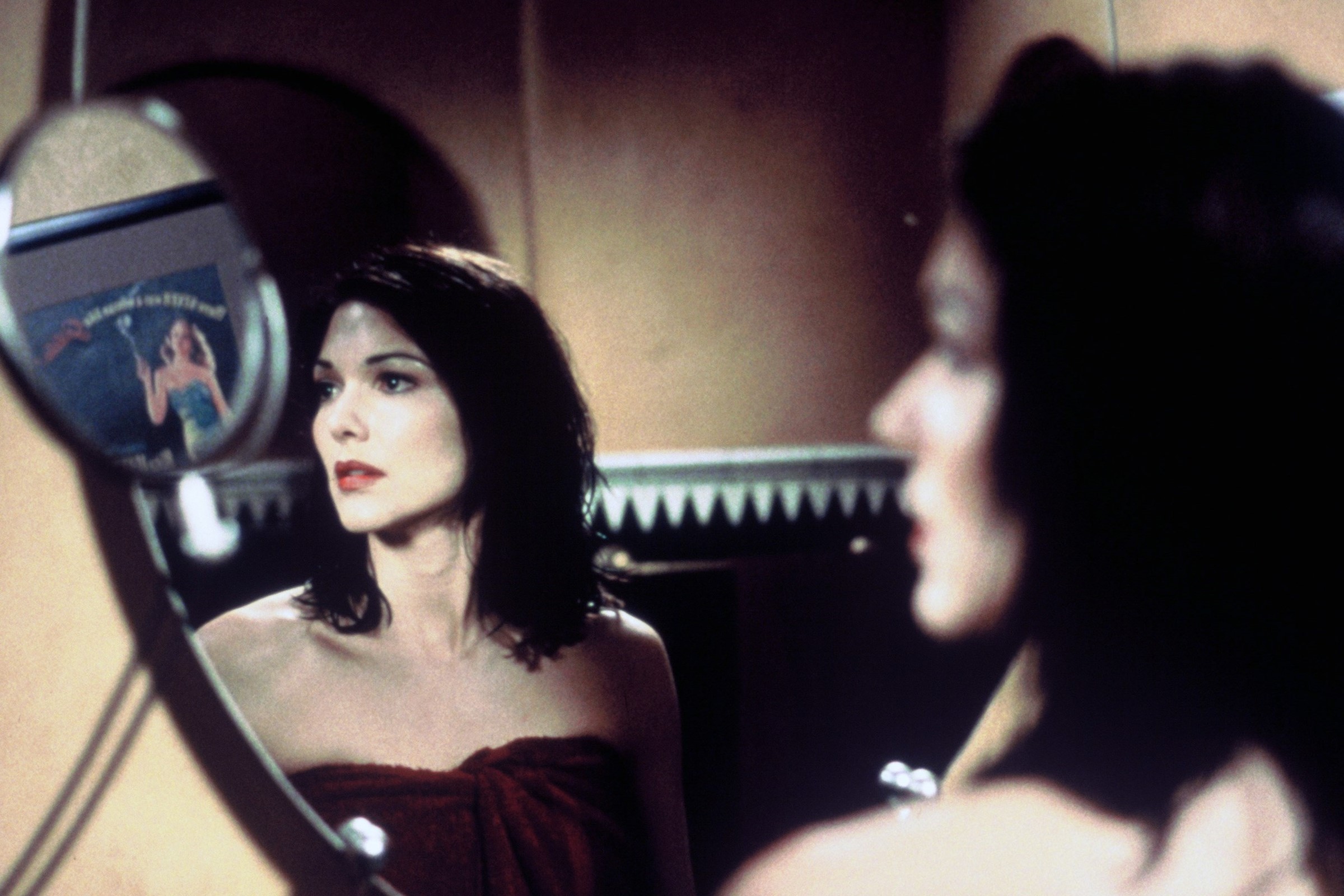Jamaica Kincaid’s attachment to the garden in adult life, as she writes in the opening of her 1999 collection of essays My Garden (Book), began on her second Mother’s Day, when her then-husband, the composer Allen Shawn, gave her a hoe, a rake, a spade, a fork and some flower seeds. But, true to one of the biggest themes of Kincaid’s writing, this attachment could also be said to come from her own mother, who cultivated an extensive array of plants by Kincaid’s childhood home in Antigua. One day, one of these trees became infested with ants, so infested that the ants began to spread over into the family’s house beside it. “So she decided to burn the soursop tree down,” Kincaid tells AnOther over video call, from her study in the Vermont home where she has lived for decades. “She was God-like in her destruction.”
We are discussing Kincaid’s latest book, An Encyclopedia Of Gardening For Colored Children, created in collaboration with the visual artist Kara Walker. “I think of it as Kara’s book, the illustrations are so beautiful,” she says. Billed as a children’s book, though really for anyone, through the letters of the alphabet Kincaid explores her decades-long fascination with the garden; how it relates to memory, its edenic properties, and the ambivalent legacy of colonialism in the plant world.
A seminal, even mythical, figure, Kincaid began writing for The Village Voice and The New Yorker in the 1970s, and would go on to author many books, among them the novels Lucy and Annie-John, and the non-fiction work My Brother. In conversation, she is very funny (“I could make you laugh all day”) and dispenses prophetic wisdom as casually as her one-liners. While writing up this interview, I found myself making a list of the lines I don’t include. Though not convention, it did not feel correct to leave them out. Read the list at the end of the interview.
Below, Jamaica Kincaid discusses collaborating with Kara Walker, how gardening relates to writing, and her stylish youth.
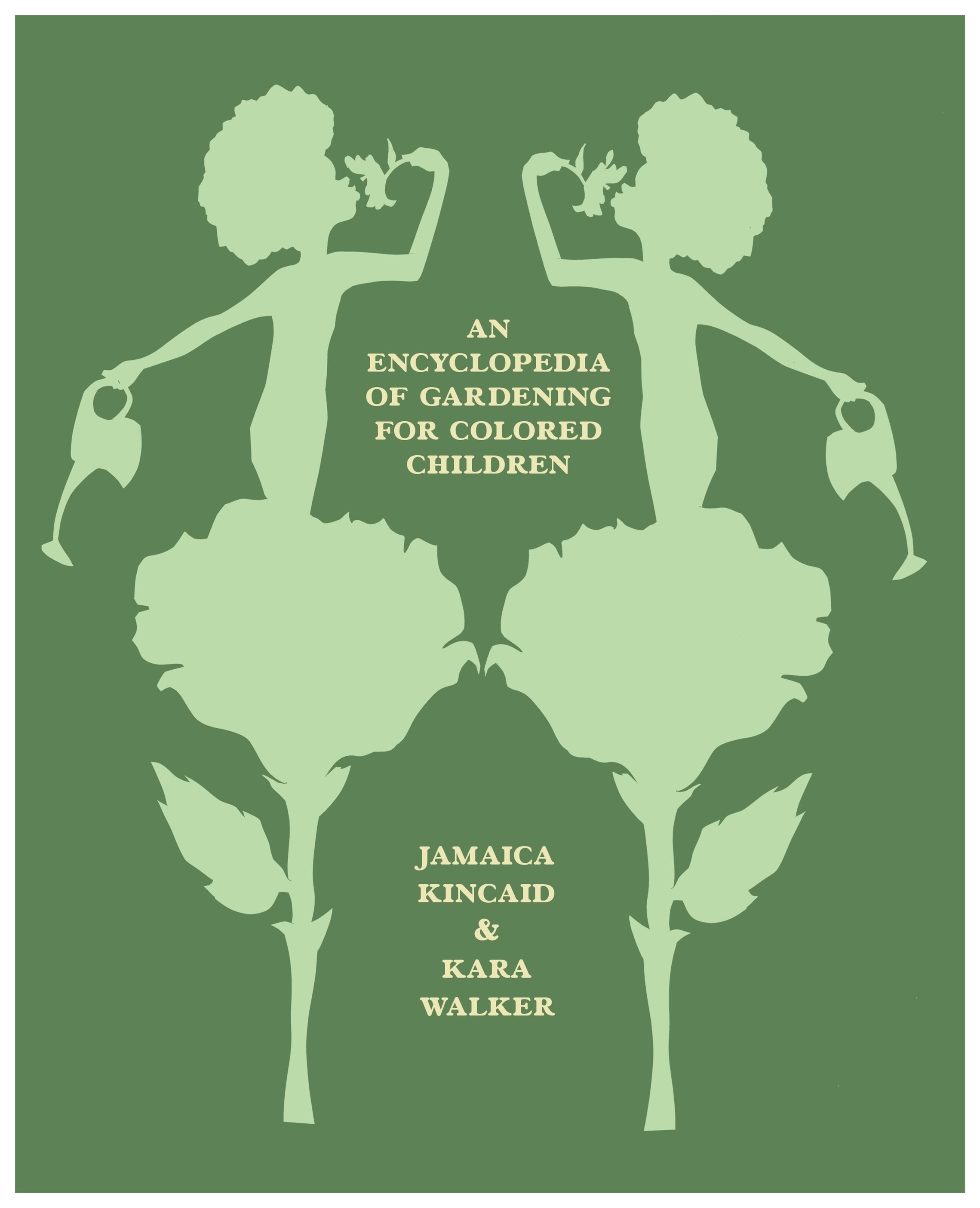
Holly Connolly: Tell me about how this book came into being.
Jamaica Kincaid: I read an article that said there weren’t really a lot of books for children of colour, and I thought, “What colour could children be that there are books for them?“ The point of the article was that the books are only for white children, but white is also a colour. I knew what they meant, but I thought, ‘That’s a stupid way to put it.’ So I thought, I’ll write a book for children, but playing on this concept of ‘children of colour’. The truth is that the book that Kara [Walker] and I eventually made is for children all around the globe, and for anybody, really. I really can’t write a children’s book.
HC: Did you know Kara Walker before working together on this?
JK: No, I didn’t know her. We had been in the same room, but we had never spoken or been introduced. But I thought of her, and I knew [the writer] Hilton Als knew her, so I called him up and said, “Can you make an introduction to Kara for me?” And then she and I started working together, though we still have not met. I would send the writing and then she would send back drawings.
HC: I see a lot of parallels between your work. How was it to collaborate with her?
JK: I didn’t realise that my thoughts about things were really a conversation I was having with her. I hadn’t been aware of that, or I hadn’t been conscious I should say. So it made a wonderful match. There wasn’t anything that I could say to which she would say, “Oh, I don’t know what you mean.” No, she was just all in.
HC: Of gardening, you have written, “Nothing works just the way I thought it would, nothing looks just the way I had imagined it, and when sometimes it does look the way I had imagined it (and this, thank God, is rare) I am startled that my imagination is so ordinary.” This, to me, could also function as a description of the act of writing. For you, is there a relationship between writing and gardening?
JK: When I am in the garden I am writing. I think I have some strange relationship with the garden, I often have things emerge that I did not plant. It’s as if someone comes and plants something when I am not looking.
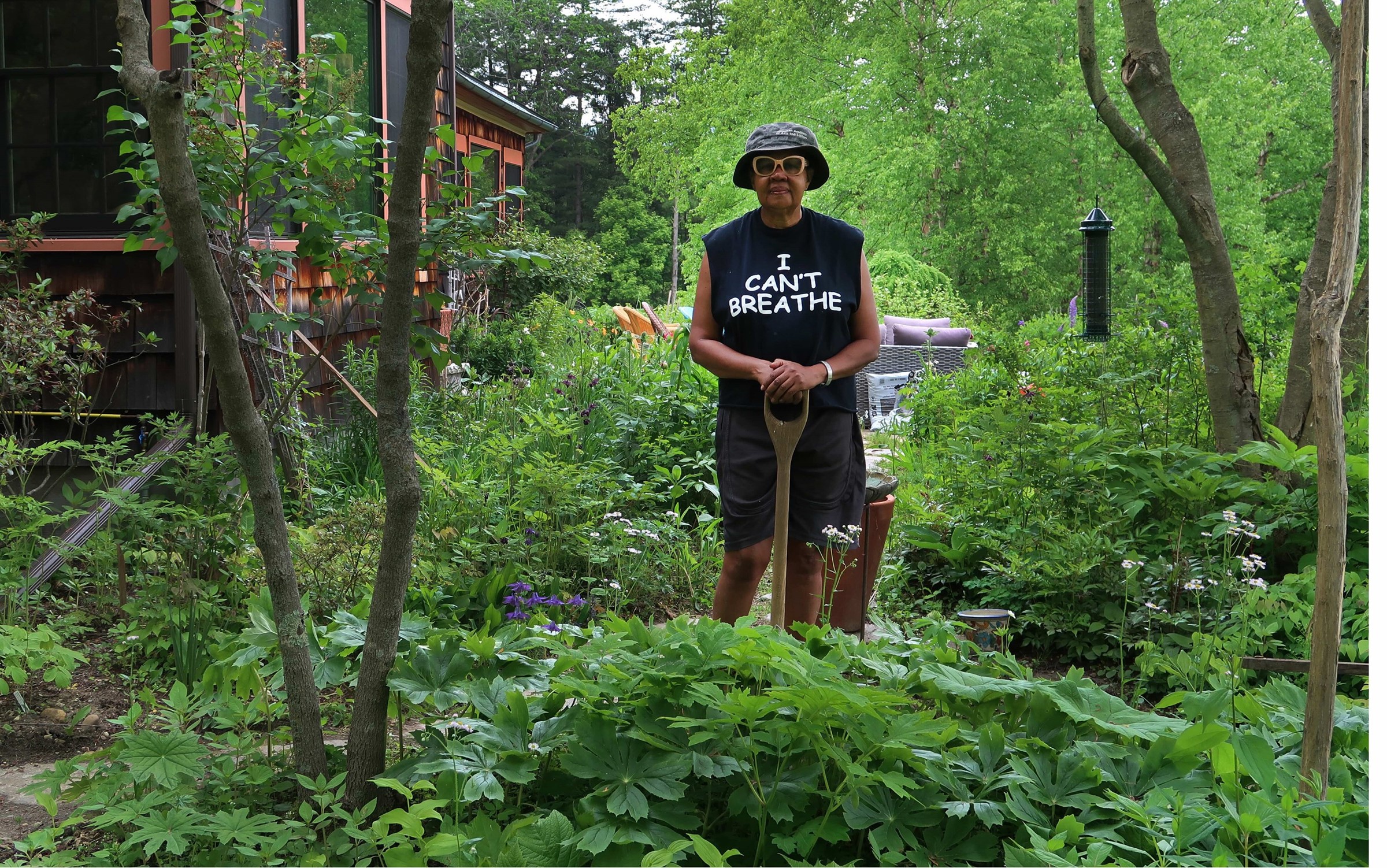
HC: Which is a lot like writing, isn’t it? In that, sometimes after you have written something, you realise there is something in it that you hadn’t intended. Like a part of the subconscious perhaps.
JK: Exactly. I’ll tell you how I think my subconscious plays out in my garden anyway. A lot of the things that I grow in my garden are taller than the literature suggests. My friends will come to my garden and say, “Oh! Mine is not that tall.” I think that there is something between the garden and the gardener, certainly there is something between me and the garden. I hadn’t expected it to be so. But then, of course, we humans tend to think that the only other beings that count are us. Perhaps that is why we destroy each other so much.
I’m not surprised when someone says, “Trees communicate.” Of course they do. Everything has something in it. There isn’t one thing that’s ever really dead; it’s not dead, it just isn’t what it was before you killed it. I feel that way about the garden. So I get philosophical, I think about things like that when I’m in the garden, and then I come inside and write.
HC: ‘D’ in the Encyclopedia is for daffodils. I thought of your 1990 novel Lucy, and Lucy’s hatred of daffodils, as a kind of symbol of colonialism.
JK: The colonial office would design our education – Africa, Asia, the Caribbean, we all had the more or less the same education – and we were supposed to read [William] Wordsworth, and memorise the poem I Wandered Lonely as a Cloud. I had a very political mother, so it isn’t odd that I would notice this, but I noticed that we didn’t have daffodils. We would never have them, and I resented that.
When I came to America, I realised that we would recite with all our heart and sincerity, a poem that didn’t belong to us. And so I hated Wordsworth. But then I decided that this wasn’t Wordsworth’s fault, and that the poem is beautiful, so now I honour Wordsworth by planting daffodils. At the end of the season last December, it was warm, and they were selling 1,000 daffodil bulbs for $260. I bought 2,000, and I planted them in the lawn in a pattern so they look like a river going into the larger sea.
“The truth is that the book that Kara [Walker] and I eventually made is for children all around the globe, and for anybody, really. I really can’t write a children’s book“ – Jamaica Kincaid
HC: You famously had a very stylish youth.
JK: I had blonde hair, I shaved my hair and eyebrows, and I dressed in unusual clothes. I’ve never, until lately, really questioned what I was doing. It just seemed as if, this is a wonderful thing to do, I’ll do it.
HC: And that was around the time you began working for The New Yorker. As you started to have this identity as a writer, did you want to remake how you looked?
JK: I think so. Well, I didn’t want people back home to know I was writing, because I was sure I would fail, but it didn’t stop me from doing it. The real truth is, the person who was writing and the person I used to be were not compatible.
HC: You were sure you would fail, but you did it anyway. Why? What do you think that impulse is?
JK: I don’t know. It still is true. It’s not that I’m not afraid of failure, I don’t like it at all. But, I don’t want to say that I’m brave or something, but I just think, ‘Let’s see.’ And I find that a lot of people that I’m around don’t have this idea.
An Encyclopedia Of Gardening For Colored Children by Jamaica Kincaid and Kara Walker is published by Farrar, Straus and Giroux, and is out now.
On wealth
“It’s really a case against money. The people who are rich, they are cautionary tales, and so dreary. On the other hand, if you don’t have any money, you’re so miserable wanting it.”
On what we might think of as divine retribution
“You never do anything, and I’m not talking about karma here, but it’s just some natural law, you never do anything that you get away scot-free.”
On Jean Rhys
“She is the mother of us all.”
On power
“When I see a power dynamic that favours me coming into being, I make a conscious effort to withdraw. Why is that? Because I know what it’s like to have that kind of thing directed at me. I don’t like the way it makes you look. It’s not how I feel, it’s how I look.”
On her relationship to contemporary fashion
“A lot of young people wear socks now. I’ve worn socks since I was in my twenties because I never liked pantyhose, and I hope they don’t think I’m trying to pretend I’m a young person.”
On the state of the world
“We just have to live through this. I was thinking that the last century, right around now, in the 20s, is when things began to go bad.”
